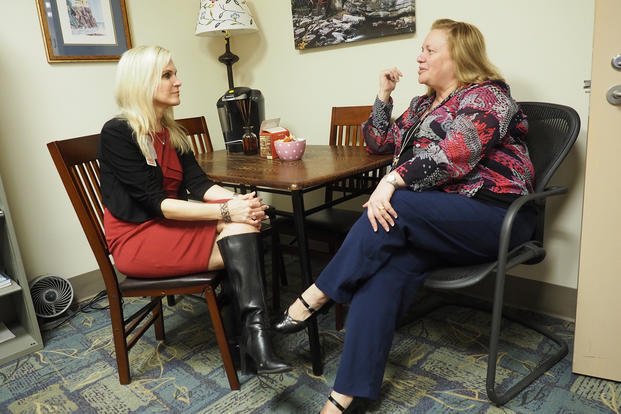Although in recent years, workers with disabilities and minority job seekers have won and lost some battles on the legal front, they have made continued gains in terms of government resources.
The legal losses include a series of Supreme Court decisions -- including US Airways v. Barnett and Toyota v. Williams -- that have progressively narrowed and weakened the scope of the Americans with Disabilities Act's employment provisions. But one battle was won in June 2003 when the high court gave some support to affirmative action for minority students in a case involving the University of Michigan's admissions policies.
Jurisprudence aside, a number of new and continuing government programs are available to aid workers with disabilities and racial or ethnic minorities in their search for meaningful careers.
Help for College Students with Disabilities
Each winter, the Workforce Recruitment Program of the Department of Labor (DOL) helps match employers with college students with disabilities who seek summer employment or a full-time career.
"We'll go to any school with at least eight students with disabilities who are looking for work," said Paul Meyer, supervisory policy analyst in the DOL's Office of Disability Employment Policy in Washington, D.C. "Placements range from a freshman in a two-year college seeking light clerical work to a Ph.D. student at Stanford in the top 1% of his class who gets a gig with the Export-Import Bank."
The Workforce Recruitment Program is soon going to expand to include year-round placements.
People with Disabilities Working for Uncle Sam
The Office of Personnel Management (OPM) runs a program called Federal Employment of People with Disabilities that helps match federal employers with candidates who have disabilities. Of special interest is the directory of agency-based selective placement program coordinators, who can help connect candidates with federal hiring managers.
Veterans with Disabilities Returning to Work
Many military veterans returning from service overseas with severe injuries go to the Department of Veterans Affairs' Social Work Services (SWS) to get help with readjusting to daily life. With casualties increasing, "we were very concerned injured soldiers and sailors from Afghanistan or the Persian Gulf would fall between the cracks," said Jill Manske, director of SWS in Washington, D.C.
That's why vets who come in for health-care counseling are often referred to the VA's Vocational Rehabilitation and Employment Service (now Veteran Readiness and Employment) or its state offices, where they can receive help with finding a career track.
Training and Government Work for Racial and Ethnic Minorities
The federal government has recognized it must work continuously to meet its goal of employing members of minority groups in proportion to their numbers in the U.S. population. Many programs have been created to recruit minorities and mentor them along a number of professional career paths in government.
The Greater Research Opportunities Undergraduate Student Fellowships grant up to $41,500 for promising environmental science students at colleges that are considered minority institutions.
There's also help for members of specific minority groups. The National Institutes of Health established an Asian American/Pacific Islander Employment Program to represent members of those groups.
Similarly, OPM's Hispanic Employment Initiative includes provisions that reach down to high schools to encourage Hispanic/Latino students to consider federal careers. The initiative also establishes an intern program and formalizes connections between OPM and the Hispanic Association of Colleges and Universities.
Want to Know More About the Military?
Be sure to get the latest news about the U.S. military, as well as critical info about how to join and all the benefits of service. Subscribe to Military.com and receive customized updates delivered straight to your inbox.











